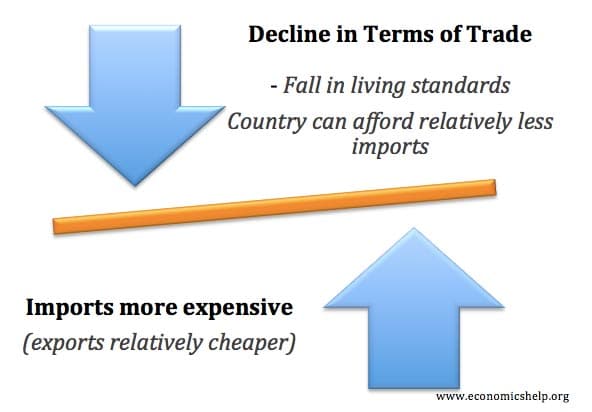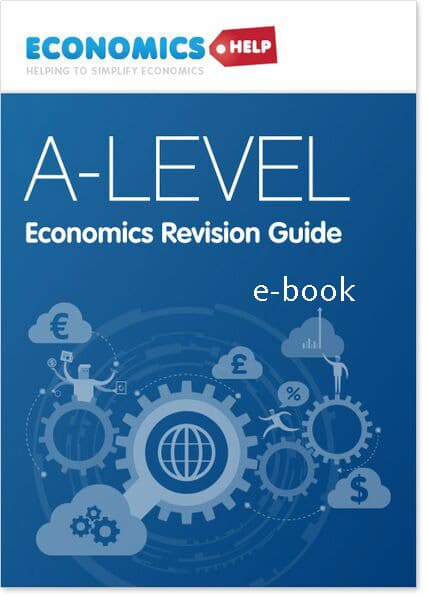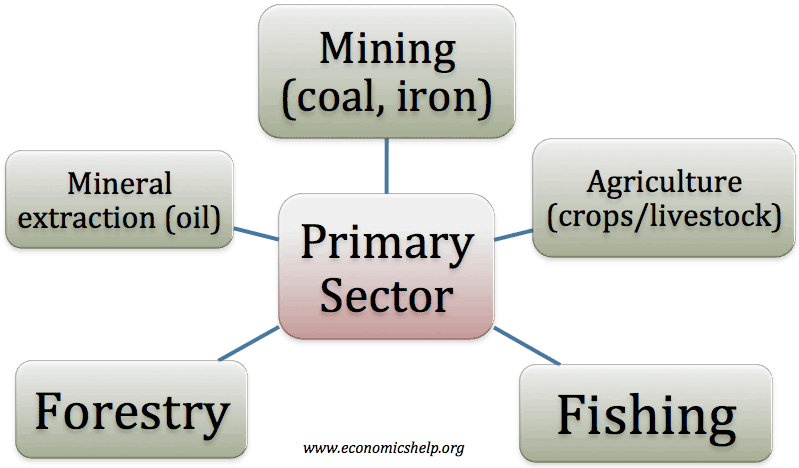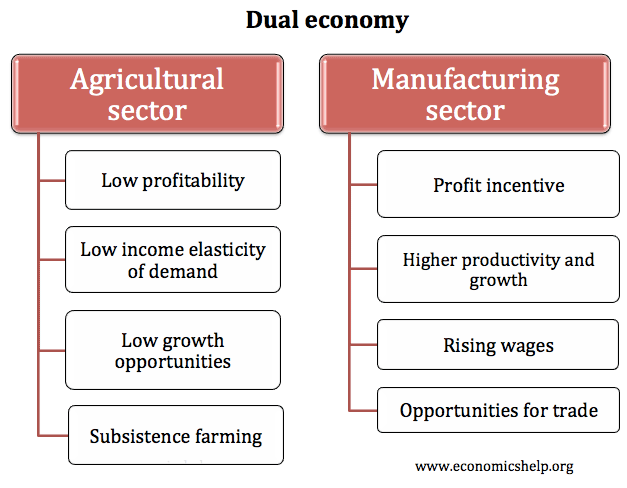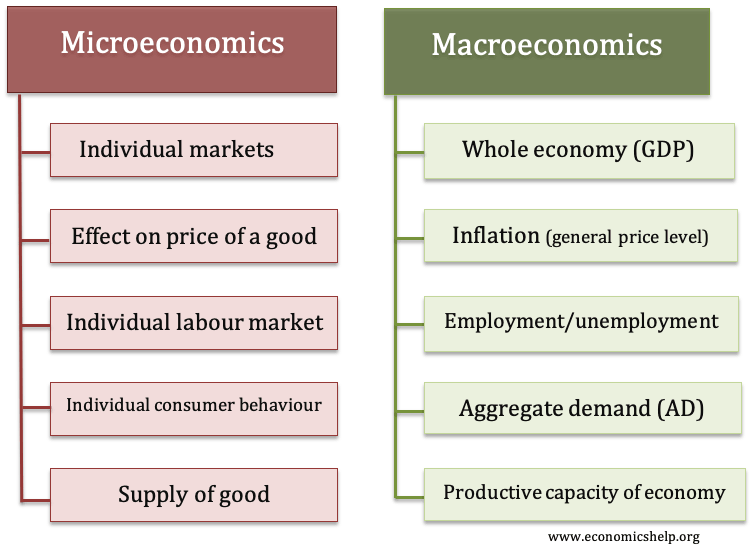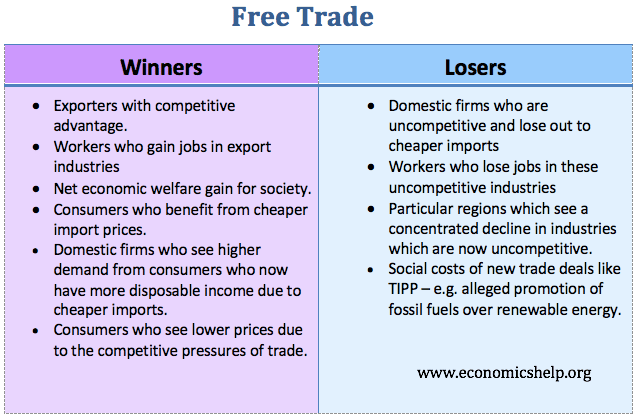Declining Terms of Trade
The Terms of trade refer to the relative price of exports/imports. A decline in the terms of trade means the price of exports falls relative to imports. Imports become more expensive. Typically a country will have lower living standards and less ability to import. Impact of decline in terms of trade on a developing economy …

